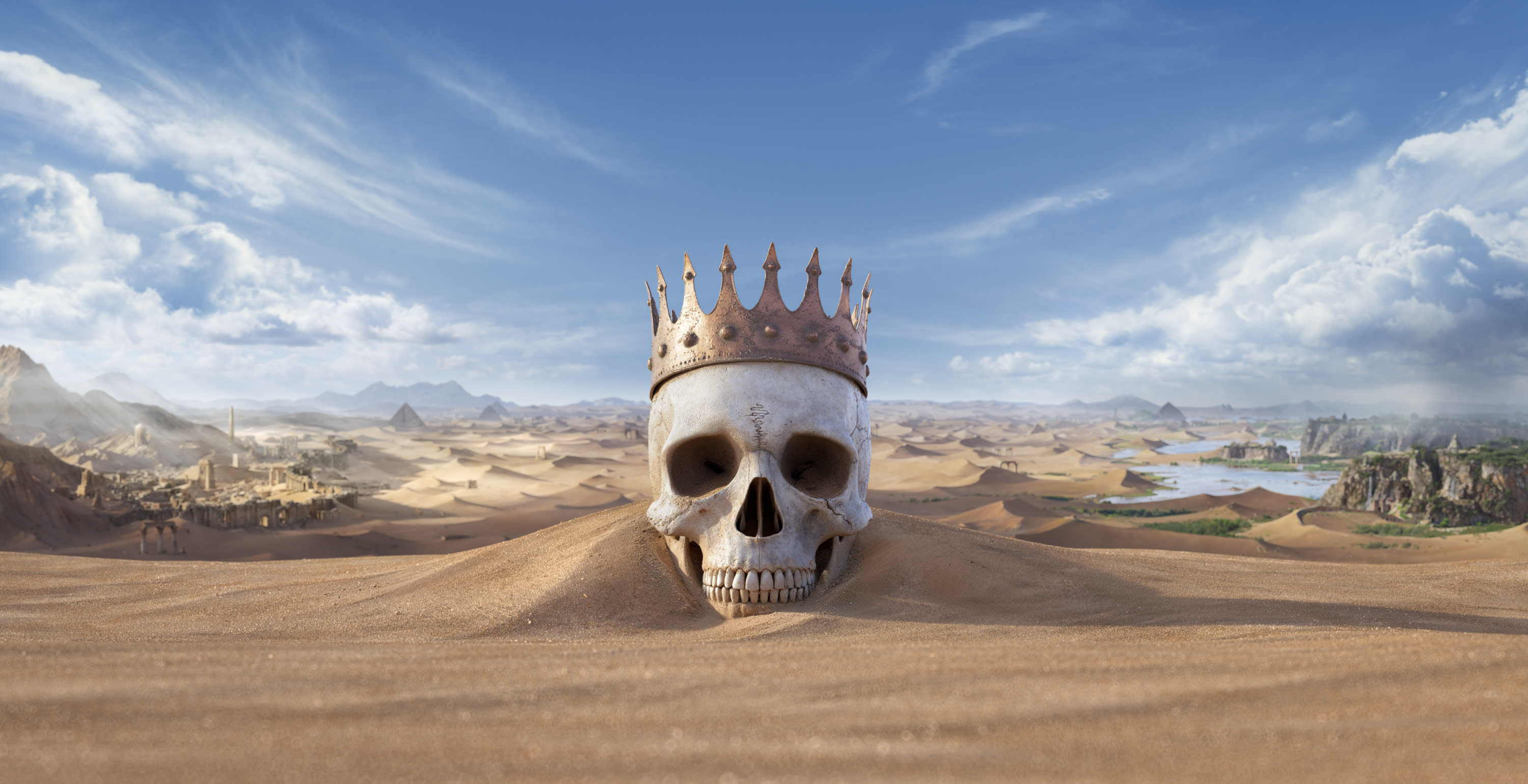

News & Updates
News & Updates
Millennia | Community Q&A Responses
Hello everyone, we ran another community Q&A on our discord server during Steam NextFest and when the Millennia demo was released. You did not disappoint and we were overwhelmed with questions, so much so that we couldn't answer them all but the ones we have we've given in depth responses to and don't forget to join our discord server where we'll have giveaways (one on now!) and other activities in the future.
Game Mechanics
Will the game have some kind of space race?
Yes, in the Age of Rocketry (and other Age VIII variants) we have a “Space Race” system that comes online once you’ve built a Space Center. There’s a random chance to succeed at each stage of the Space Race, and you can increase your chances by building buildings or spending more resources on each stage, or decrease your chances by taking on side-missions that give bonuses when you complete the Space Race stage. You’ll build satellites, send manned missions, and end with a person on the moon! The first Nation to complete each stage gets a reward and a boost to their Faction score (if they’re in one), especially the first Nation to land a person on the moon (see more about factions above/below).
Can we rename heroes and can we reshape and change their stories to be different from how they were in real life mythologies and legends?
You can rename your army stacks, but not individual units. When you get a Hero, you can send them on any Quest they meet the requirements for, so if you want to try to tell their story, or any variant of that, you can try your best! - CPG Ben
What kind of system is there behind deciding what kind of innovation events you get? I noticed they are often related to your National Spirit. Are there other things that affect it?
Innovation has two tiers of cards: Generic cards that are always available, but are shuffled to the bottom of your Innovation “deck,” and Age & National Spirit cards that depend on your current Age, and whatever National Spirits you’ve taken so far, which are shuffled and placed above the generic cards. Basically, If you draw “too many” innovation events you’ll run out of the “unique” and “cool” events, and start drawing cards that are more generic (but still helpful). - CPG Ben
Governments
How many different governments are in the game?
Including the starting Tribal Government, there are 10 Governments. One of which is hidden behind a non-historical Age. - CPG Ben
Will there be governments locked behind alternate ages?
Yes 😊 (see above) – CPG Ben
Units
Are units from non-playable factions (barbarians, rebels, aliens, …) included in the number of 250 units mentioned in the combat dev diary? Are civilian units included in the number of 250 units mentioned in the combat dev diary?
I’m not sure if 250 is rounding up or down, but in either case, the number of “normal” units vastly outnumber the number of “non-playable” units, and similarly the number of “combatant” units vastly outnumber the number of “non-combatant” units. I also want to mention that many of the “non-playable” units can be earned through National Sprits, Innovations, and Variant Ages. - CPG Ben
What happens to the Heroes when the Age of Heroes ends? Do they disappear, or are they quickly outclassed?
Heroes will stick around until you Retire them, which is similar to disbanding/destroying them, When Retired you’ll earn some Warfare Points based on how much Combat XP the Hero has (which is also earned through completing Quests). This is true for any Leader type unit, they’re removed from their Upgrade Line for their short-term Leader Tactics advantage, then can be retired once they’ve served their purpose and are outclassed by later Age units & leaders. - CPG Ben
Victory
A playstyle I really enjoyed in other strategy games is collecting great works, building national parks and building a strong culture-focused faction to win. Are there similar elements to this in Millennia?
For players who want a different route, you can play a more peaceful long-game. Building into Culture and Diplomacy can be a potent peaceful combo, gaining resource bonuses based on how many allies you can have (as well as abilities to defend yourself based on your allies with certain builds like moving into the Political Science National Spirit), and using culture powers to further evolve and protect your nation.
For purely natural takes, the Naturalists National Spirit gains many long-term benefits to foraging rather than building, and the Age of Ecology allows you to terraform nature to your liking. In later ages, the Social Fabric system is introduced, allowing you to build up passive improvements to your nation that can eventually lead to one of a few ages with great restrictions on war, such as the Age of Utopia or the Victory Age of Transcendence (which can be won by maxing out all of your Social Fabric tracks). Speaking to this specific question, the Age of Transcendence actually lets you build National Parks for landmarks for large regional bonuses. - CPG Hudson
If a victory age begins, is it still possible for the game to advance beyond that age? For example if the guy who started the age is defeated and nobody else has met a victory condition
For the most part, yes. Victory Ages present an alternate history in which one nation threatens some sort of dominance over the world. However, that threat isn't a promise. If any nation researches and enters the next Age before the victory condition is met, then the victory condition is no longer available and history continues into the next standard age.
The exception comes in the form of Final Ages. Final Ages are Victory Ages with no escape except victory or defeat. They only end via the victory condition being met or when there is only one nation left standing—whichever comes first. Due to their inescapable design, Final Ages primarily appear at the end of the game in Age X.
Diplomacy
Could you tell us more about factions?
We’ve talked about Governments in the past (and some of you got to play it in the Steam Next Fest demo we did recently). When nations select their final government in Age VIII, they also join a Faction, shared by all nations that take the same Age VIII Government. For example, if you choose a Communist government, then you automatically join the Communist Faction with all the other Communist nations.
Once you join a faction, you gain a new regional need for Ideology. Ideology also accumulates over time for your Faction, when your Faction generates enough Ideology, all members unlock extra bonuses, such as buffs, special units, or powers.
So while nations do not need to be allied or even at peace with other members of their Faction, players might not want to target faction members first. After all, every member nation destroyed means less Ideology generated for your Faction. At least until all Faction rewards are unlocked… - CPG Hudson
Religion
Could you tell us more about how religion will work and spread?
AND
How major is religion as a mechanic in Millennia? Do different religions offer unique bonuses or are they more aesthetic based?
AND
How will religion be modeled in Millennia? The Theologian video mentioned something called Faith, but it doesn't seem to be a Domain and hasn't been mentioned elsewhere, so I'm not sure what it is.
There’s a lot to Religion in Millennia, so pardon the lengthy answer…
Religion is first introduced in Age IV as an optional mechanic (at least at first). Players can use a Culture Power to found a new religion, or—if another nation’s religion already has gained influence in one of your capital regions—players can choose to adopt the religion instead using an Arts Domain Power.
The regional capital where the religion was founded becomes the Religious Birthplace; if another nation takes control of a religious birthplace, that religion becomes theirs to control. The Crusaders National Spirit is especially built for taking over Religious Birthplaces, for example.
To the point, each population in each region can follow a different religion, and for each population that follows your religion, in any nation’s regions, you gain extra Culture. Once you have a Religion, your region has a new regional need for Faith and you have access to buildings and powers to generate Faith. The more you meet your Faith need, the faster nearby populations convert, spreading your Religion to other regions. Regions with more than one religious following can cause Unrest in that region, but in the end, the religion with the most Faith, and with clever usage of Arts Domain Powers, will garner the most religious followers and Culture bonus.
Once Age VII dawns, a new wrinkle is introduced. Secularism begins to form and grow in power, blocking the formation of new religions and acting as a natural pressure against religious complacency. To prevent populations from leaving your religion to become secular, you must keep improving your Faith output to match.
Play Religion well, and you might be able to achieve a religious victory in the Victory Age of Harmony. Fail to meet your Faith Need, and you may fall into the Crisis Age of Intolerance. - CPG Hudson
I noticed that in a few screenshots we can choose between monotheism and polytheism. Once we choose one will there be events that help us decide on religion?
When you found a religion, you choose the name of the religion, the name of its religious buildings (temples, churches, etc.), and an icon for the religion from a list of options. Monotheism and Polytheism are some of the default options. There is no starting difference between religions. However, certain National Spirits, Governments, and Buildings can affect how your religion and Faith grows and spreads. - CPG Hudson
National Spirits
After public feedback, you renamed the National Spirit "Spartans" to "Warriors", for which we thank you! But for some reason it's unique unit is still called the Spartan, making the name change feel a bit pointless. What was the reasoning behind that?
The premise of National Spirits is that these represent traits that any nation could have picked up, and allow you to customize your nation by picking any one of these. Having "generic" names for the NS helps players feel comfortable doing that, plus we had a lot of "generic" names and Spartans (and a few others) stood out as being too specific. The actual Unit "Spartan" on the other hand is something we wanted to include to allow players to enjoy playing with real historical units and themes, so like with the Shogunate NS, you get the Samurai. We might have called these "Warriors" or something equally generic, but having Samurai & Spartans is cool. - CPG Ben
Research
Have there been any thoughts about having certain buffs for nations that spec in to one area that get thrown into an era not suited for them?
Starting buffs for nations are intended to be small bonuses that nudge a nation in a particular direction during the early ages of the game (Stone, Bronze, etc.). These buffs are not powerful enough to have any real synergy with certain ages over others. – CPG Jack
Certain National Spirits can indeed combo well with the different ages (Raiders can easily pull players into Age of Blood for instance). However, players can choose any national spirit and still perform well during any age. For example players may choose Naturalists aiming for a peaceful playthrough but end up in the Age of Blood due to another nation surging ahead in research. Players can leverage forest tiles within their territory for defensive bonuses, move through all forest tiles faster for better unit maneuverability, and leverage the culture gain from forest tiles to raise more armies.
With 8 techs per age from age 7 onward, will there be more than 3 techs required to advance to the next age in the later ages?
Yes at the halfway point of the game upon entering the 6th age players will need to research 4 technologies to advance. – CPG Jack
Ages
If you qualify for multiple variant ages, do you get to choose which one to advance or will you be locked into one?
If the player is the tech leader and they qualify for multiple variant ages then they can choose which variant age to advance to. The player who enters any age first is rewarded an additional 10 Innovation points.
If the player qualifies for a crisis age, then they will be locked in and cannot choose a different age.
As soon as any nation advances from one age to the next this locks the timeline for all nations within the game. So if the player qualifies for Age of Plague they are locked in, but in an effort to avoid the crisis the player could continue to stay within Age of Iron and wait for another nation to take the tech lead and enter into Age of Kings. This would set the timeline and overrule the possibility of going into Age of Plague. – CPG Jack
How do alternate ages influence the game after they’ve passed. Are there any lingering effects, cosmetic or otherwise, that derive from alternate / crisis age?
Alternate ages can greatly influence the course of a single game. Age of Monuments, for example, has a focus on building special tile improvements. These tile improvements can last the entire game providing unique yields and add to a player’s domain XP pool. – CPG Jack
What incentive do I have to be the first person to advance to the next age?
Players have a natural incentive in the form of having a high knowledge and tech advantage against other factions. Some ages also have special mechanics involving the player that sets the next age. – CPG Jack
Tile Improvements
Will there be mid/late game benefits to keeping land without improvements such as having national parks or nature reserves? If so, would they affect pollution or age prerequisites for Age of Ecology?
After using Naturalists within the early ages there will not be much advantage to keeping unimproved tiles. We want players to engage with the deep economy systems that stem from building improvements and goods chains. Concepts such as fossil fuels, pollution, and green energy are represented within the later ages through the tile improvement system. – CPG Jack
I saw in the videos that the number of improvements by age 3 became very large. Will there be ways to keep track of What improvements to build and such?
There is! On every region there is a small hammer and wrench icon that represents the Build Helper menu (located just below what the region is actively producing). This user interface can be sorted by the desired resources such as Food, Sanitation, Power, Production, Improvement Points, Culture, and more. The build helper will display a list of goods, improvements, and capital buildings the player might want to build.
Players can also see what improvements they have built within their region on the Workers tab within the Region menu. This is where the player can organize which improvements a region’s workers work as well. – CPG Jack
Economy
Are there any goods that require two different inputs to create? Afaik all the goods we have seen so far just require one input good to one output good
There are no good which require two distinct inputs to create. There are some goods, such as flour, which take more than one possible input good (in this case, wheat, rice, or maize). – CPG David
How much does adding a town, after the start of the game, increase resources by? Towns might be a powerful development early on; I think.
Towns are very important for territorial development in Millennia. The math is a little opaque, but they greatly enhance a region’s propensity to expand. This is especially true early on before the player has a chance to build an influence building in a region. They also quickly increase the region level of a given region, which unlocks more and higher quality buildings. Another thing towns to that a lot of players tend to miss, is to increase the effective output of nearby improvements vis specialization. The effect of which strengthens as the game progresses. – CPG David
Do Rivers offer any bonus/benefit gamewise?
Yes! Some improvements get a production bonus near rivers, such as farms and plantations. They also provide combat defense bonuses that the player can use to their advantage. Plus who doesn't love the little bridges. – CPG David
Minor Nations & Vassals
What is the difference between outpost and vassal cities, when would you want to use one over the other?
Vassals are Regions you don’t manage, they send you a tribute of resources each turn based on their prosperity and population. They require a settler or an envoy to make, and take time to get up to speed. You’re unable to move them and they cannot gather Goods for you directly, but require little management and can be grown to be quite a useful asset. I’d go into more detail, but I’ll leave that to some other answers.
Outposts, meanwhile, are more mobile and have multiple uses. If there is a Good that you want but is far from your borders, you can send a Pioneer to that location to build an Outpost. Outposts have special improvements that can only be placed in their borders, such as Trade Posts, that collect Goods and send them back to your region. This lets you gather without having to set up a settlement there. Change your mind or see trouble coming? Pack up camp and turn the Outpost back into a Pioneer to move locations. Outposts can also be specialized to generate unique goods or be able to defend itself, and their unique Improvements can be quite potent due to the extra setup. Outposts also create roads to nearby settlements. This can help you cut through rougher terrain if you send a forward Pioneer to set up an outpost first, or you can place it near an enemy border to help you enter their region faster.
Getting a bit more clever with it, Outposts are useful in war since they count as your territory, and thus heal units stationed there. Placing one as a forward base when attacking another nation can help one wave of units recover while others attack. Outposts also temporarily claim territory. So they can be placed near an enemy’s borders to prevent their border from expanding until they come and take your outpost. A sure-fire way to start hostilities, but useful if you want to slow or prevent a nation’s spread toward you. Finally, if you have an open town slot in a region adjacent to an outpost, you can use the “Absorb Outpost” Culture Power to turn it into a Level 2 Town, including claiming all the territory they had. Territory can be extremely useful for growing your nation, so instantly gaining 6 territory hexes and a town can be a huge boon. – CPG Hudson
How does vassal prosperity work? Is 300% prosperity 300% yields?
Vassalized Territories start with a baseline Prosperity of 100%. This, multiplied by their Population, determines how big of a tribute they send to you each turn—a portion of the resources they would otherwise be working on. This tribute starts out small, but as the vassal grows, these numbers can be quite large as a vassal’s population and prosperity grows. Prosperity can be increased further by sending Merchant Units to trade with vassals, using certain Arts Domain Powers, or through certain National Spirit Ideals.
Prosperity is initially capped at 300% per Vassal. However, periodically throughout the game, there are technologies and Ideals that increase the Prosperity cap. With a solid wide setup, your vassals can passively send you sizable tributes by mid-late game without putting as much of a drain on your resources and requiring turn-by-turn management like full Capital Regions might. – CPG Hudson
Why does the income you get from Vassals depend on a combination of Prosperity and Population, instead of giving a percentage (based on Prosperity) of the actual yields the region produces?
Vassalized Territories are, foremost, regions of their own. You don’t directly manage them, but they do manage themselves. That means that they forage for resources, grow over time, and eventually even build their own improvements. While Prosperity is a simplified metric for many of the more complex systems of Millennia, Population affects their income/tribute in basically the same way it does in your Regions. So as a Vassal grows, it can naturally work and produce more resources.
More mechanically, Prosperity can only be improved by the player, while Population mostly comes over time. This encourages holding Vassals for extended periods, rather than building and forgetting entirely. You see, Vassals are often easy targets in war. They’re often less defend and usually held by “wide” nations—a nation with many smaller regions rather than fewer, bigger regions (known as “tall”). A long-held vassal is more valuable than a new one, and you can’t just make another vassal and get to that point immediately again. There are technically some Ideals and Powers in the mid and late game that can help you increase a vassal’s population, but you can’t re-build a fallen, vassalized Rome in a day. – CPG Hudson
Community

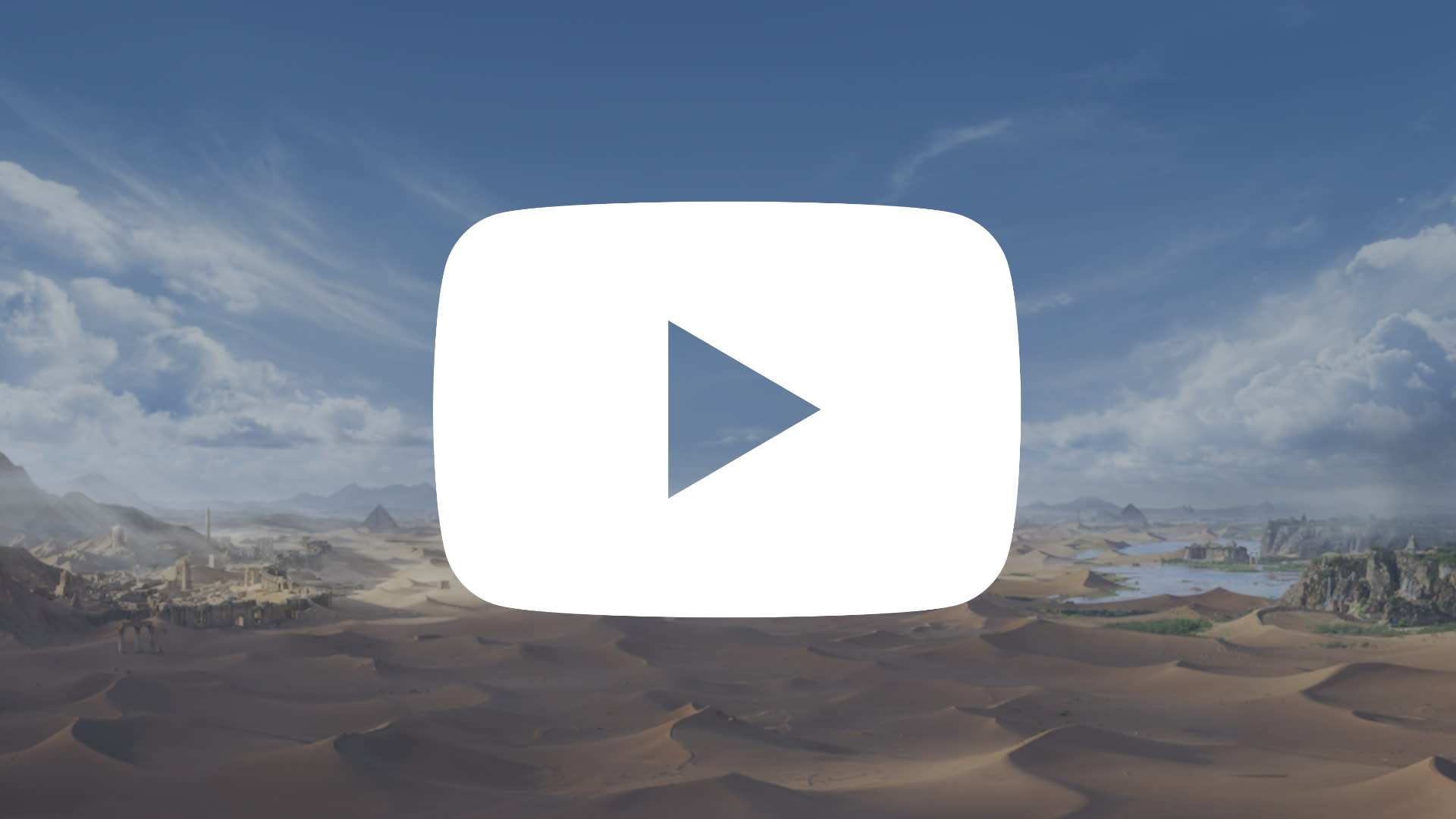
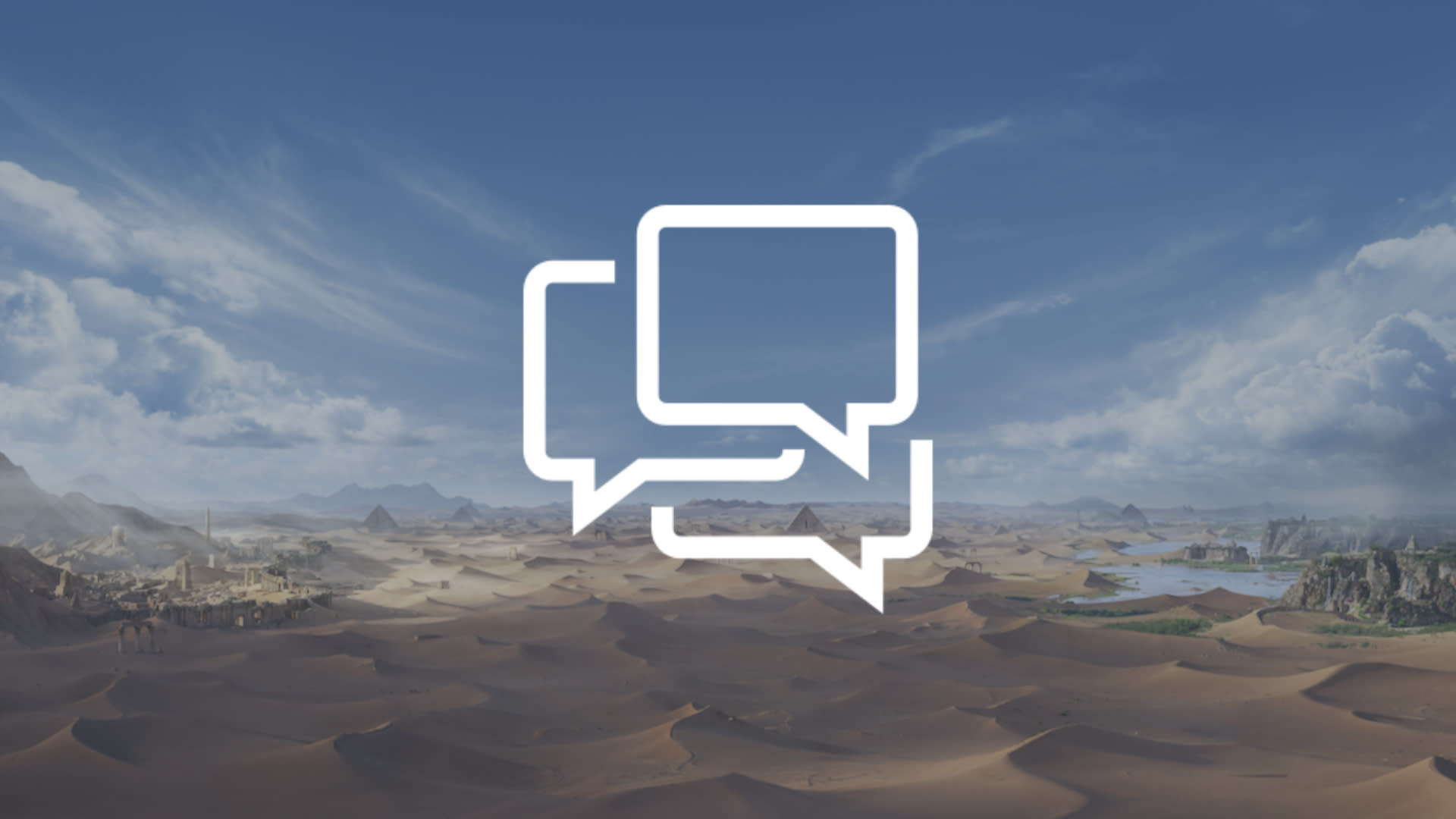
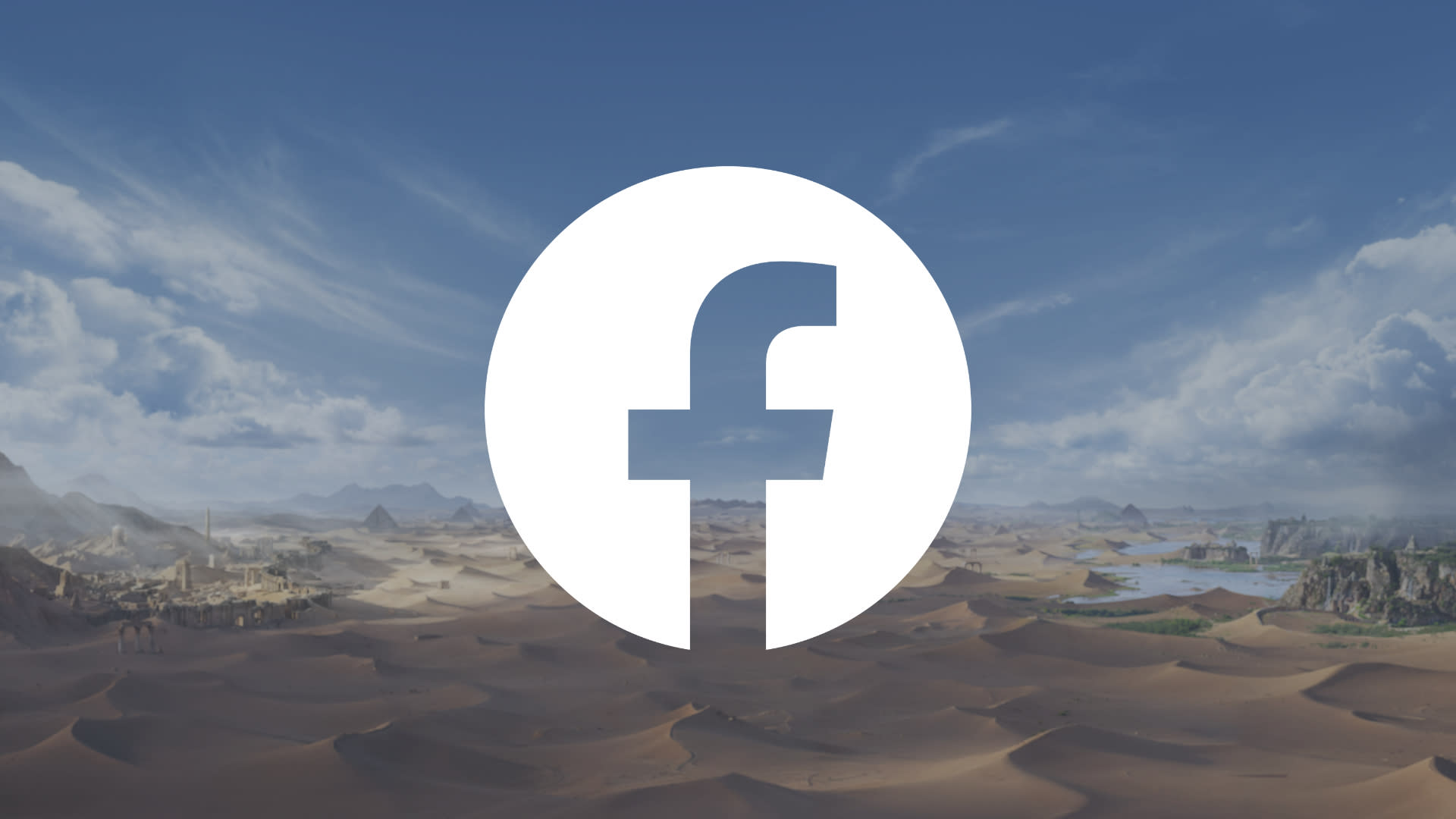
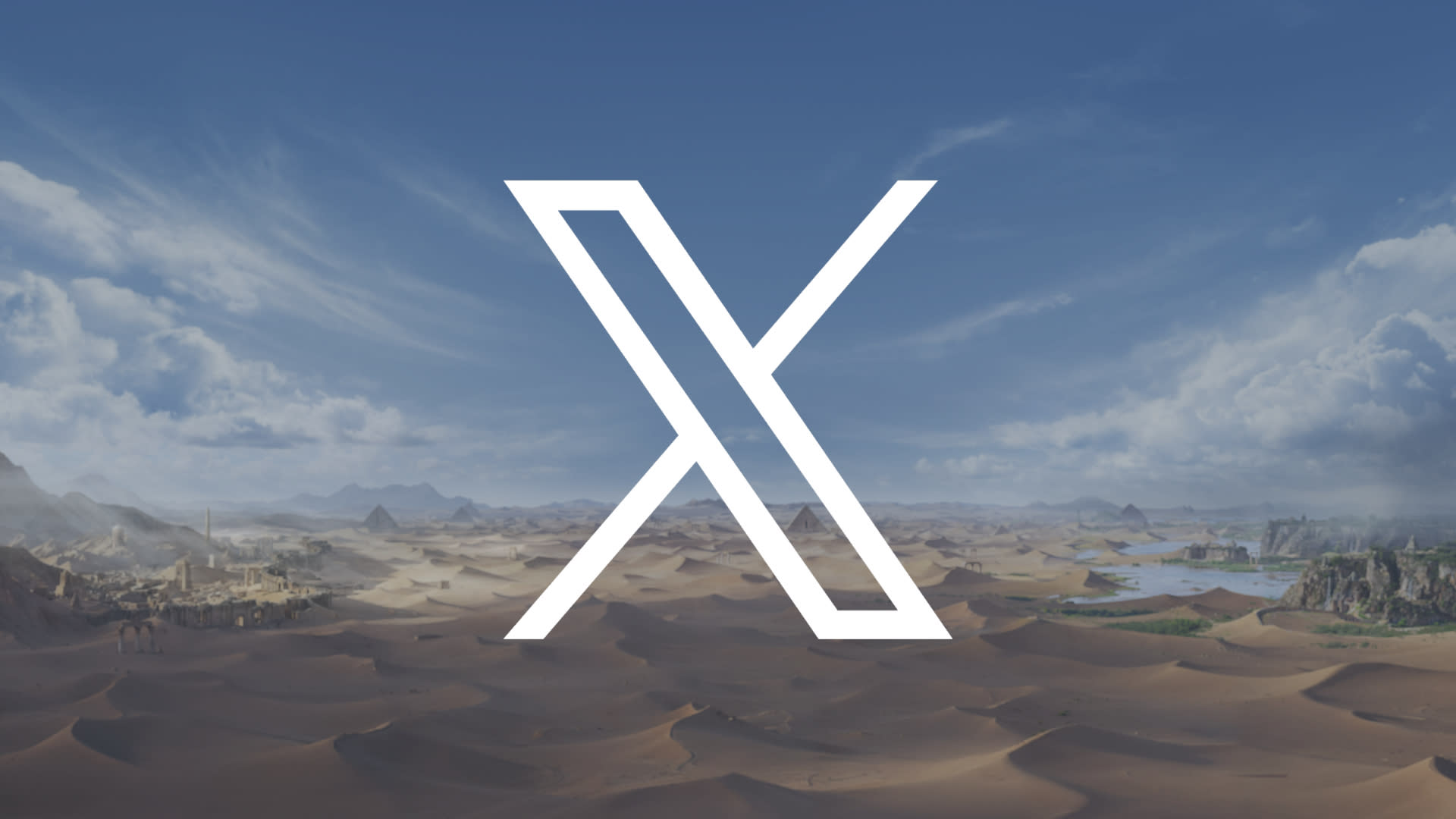

Millennia Newsletter
Sign up for our newsletter today and receive 7 exclusive Millennia artwork wallpapers along with the latest news and updates!
By subscribing, you agree to receive news and special offers from Paradox Interactive.